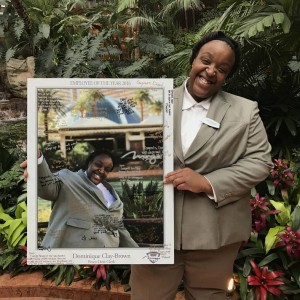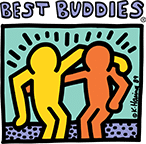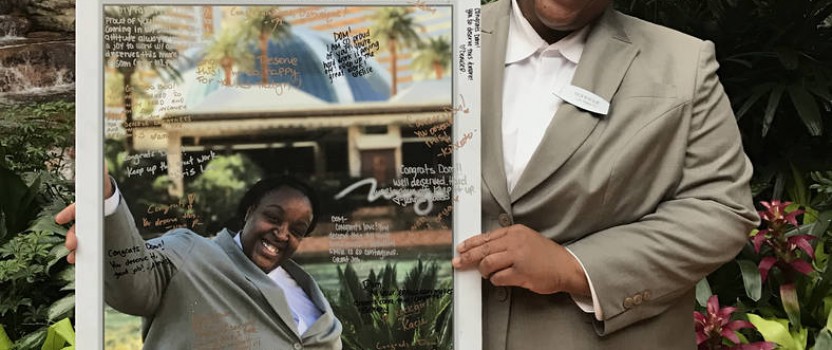 Life after high school graduation can be challenging for young people who are making profoundly influential decisions about pursuing higher education or opportunities in the job market.
Life after high school graduation can be challenging for young people who are making profoundly influential decisions about pursuing higher education or opportunities in the job market.
That transition into the adult world can be especially difficult for people with intellectual or developmental disabilities, who often jump from the high school experience into a broader society, where chances to pursue a productive and fulfilling life for themselves are often very limited.
“They’re desperate to be out in the workforce, just like any other person looking toward all the things that come along with having a job — more opportunities to learn and grow and develop as a person,” said Geena Mattox, state director of Nevada Best Buddies.
“If you think about the process for a person who is without a disability, we go to elementary, middle and high school. Then, in all likelihood, will be going to a college or university setting, or we are going to get a job. This is the same thing we want from our participants. I want to see that they have the same opportunity.”
The Miami-based, nonprofit organization focuses on mentoring people with intellectual and developmental disabilities. It was founded in 1989 by activist Anthony Shriver and now operates more than 1,800 chapters in more than 50 countries.
“It is about creating inclusion through friendship,” Mattox said. “We are an organization that is looking for opportunities for students and citizens with intellectual and developmental disabilities to come together in friendship.”
Mattox said she often visits the homes of participants who have just graduated from high school and feel suddenly directionless.
“Their friends are going off to college, and the student does not have a plan,” she explained. “So for me, the employment program is really critical. Because it is tragic to leave high school with no plan, no idea of what you were doing next. We don’t want to graduate to couch potato — we want to graduate to ‘what is next for me?’
A hand-up
 One of the functions of Best Buddies is to help its participants find meaningful employment after their school careers are complete. Nationally, 80 to 85 percent of people with intellectual or developmental disabilities are unemployed, according to Mattox, but associations with Southern Nevada companies are helping to increase the odds for local job seekers.
One of the functions of Best Buddies is to help its participants find meaningful employment after their school careers are complete. Nationally, 80 to 85 percent of people with intellectual or developmental disabilities are unemployed, according to Mattox, but associations with Southern Nevada companies are helping to increase the odds for local job seekers.
“It is not because they do not want to work,” explained Wilson Edgell, MGM Resorts International diversity and disability outreach programs manager.
“A lot of times they’re not given the same opportunities. They have the ability to demonstrate to recruiters — as well as hiring managers — that they have skills. They do not need a handout; they just need a hand-up.”
MGM and Caesars Palace engage with Best Buddies in employment outreach programs, and others — including The Venetian and Las Vegas Sands — participate in programs aimed at school-age participants.
“Without the (corporate) support we would be lost,” Mattox said. “It really depends on what their mission focus is with the organization.”
To read the full story click here.

